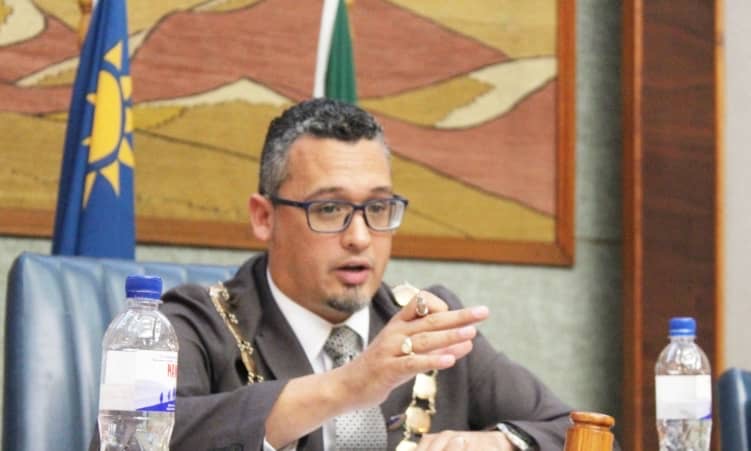JOHANNESBURG – The rand remaining too strong for too long may harm the economy, but South Africa would keep to its policy of not intervening to manage the currency, Central Bank Deputy Governor Daniel Mminele said.
The South African Reserve Bank (SARB) will continue its strategy of building up reserves, though, when market conditions allow, he said.The local currency has lost ground over the past two weeks yet is still around 20 per cent stronger against the dollar this year and has gained about 15 per cent on the euro.Reserve Bank Governor Tito Mboweni and Finance Minister Pravin Gordhan have both suggested the rand is too strong.Mminele said appreciation in emerging market currencies, including the rand, had mostly been driven by external factors, such as increased global liquidity, the depreciation of the dollar and renewed risk appetite.’Emerging market currencies have also appreciated significantly, the rand being no exception,’ he said in a speech late on Tuesday.’A currency remaining at non-competitive levels for too long might have adverse consequences for the real economy. Some countries opted to deal with currencies perceived to be too strong through a combination of verbal and actual market intervention.’The rand’s strength has added to pressure on the manufacturing sector, which has been hard hit by a global downturn and helped pull Africa’s biggest economy into its first recession in nearly two decades.Mminele reiterated government policy that the country was committed to a floating exchange rate.’Whilst the monetary and fiscal authorities in South Africa have at times expressed concern about the impact of the appreciated currency on the overall macroeconomic balance, SARB policy remains that of no intervention in the foreign exchange market with the objective of managing the currency,’ he said.The bank would, however, continue with its strategy of accumulating reserves when market conditions allow. This had been constrained over the past year due to volatile markets and cost factors.’More recently, conditions in the foreign exchange markets have been somewhat more favourable, allowing the Bank to increase its purchases of foreign exchange in a responsible manner,’ Mminele said. – Reuters
Stay informed with The Namibian – your source for credible journalism. Get in-depth reporting and opinions for
only N$85 a month. Invest in journalism, invest in democracy –
Subscribe Now!










